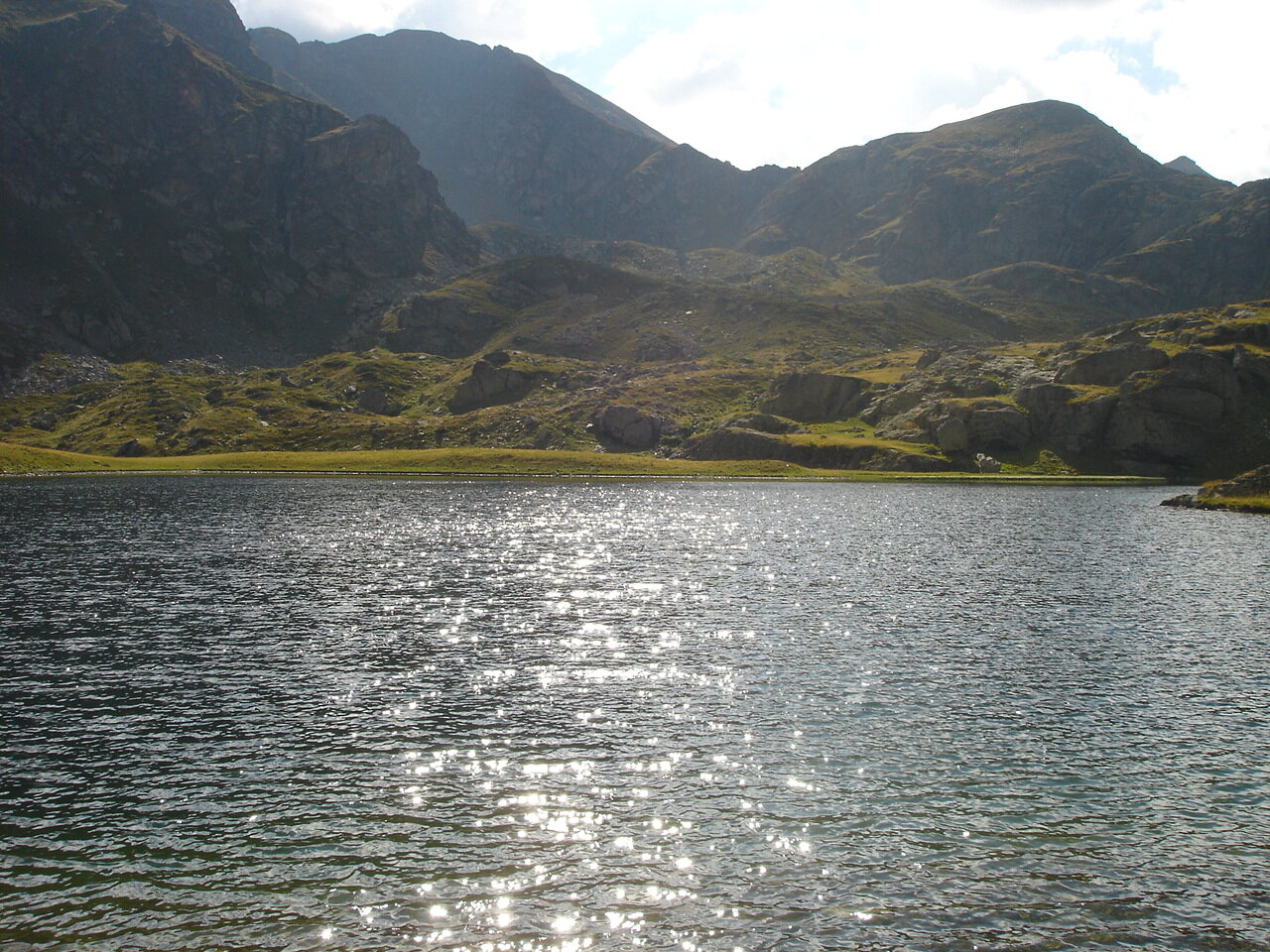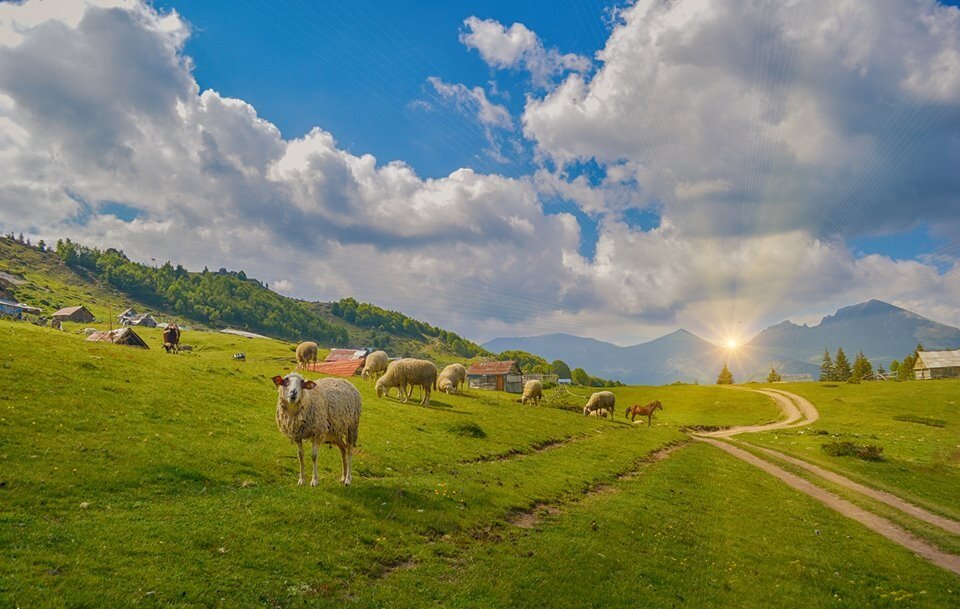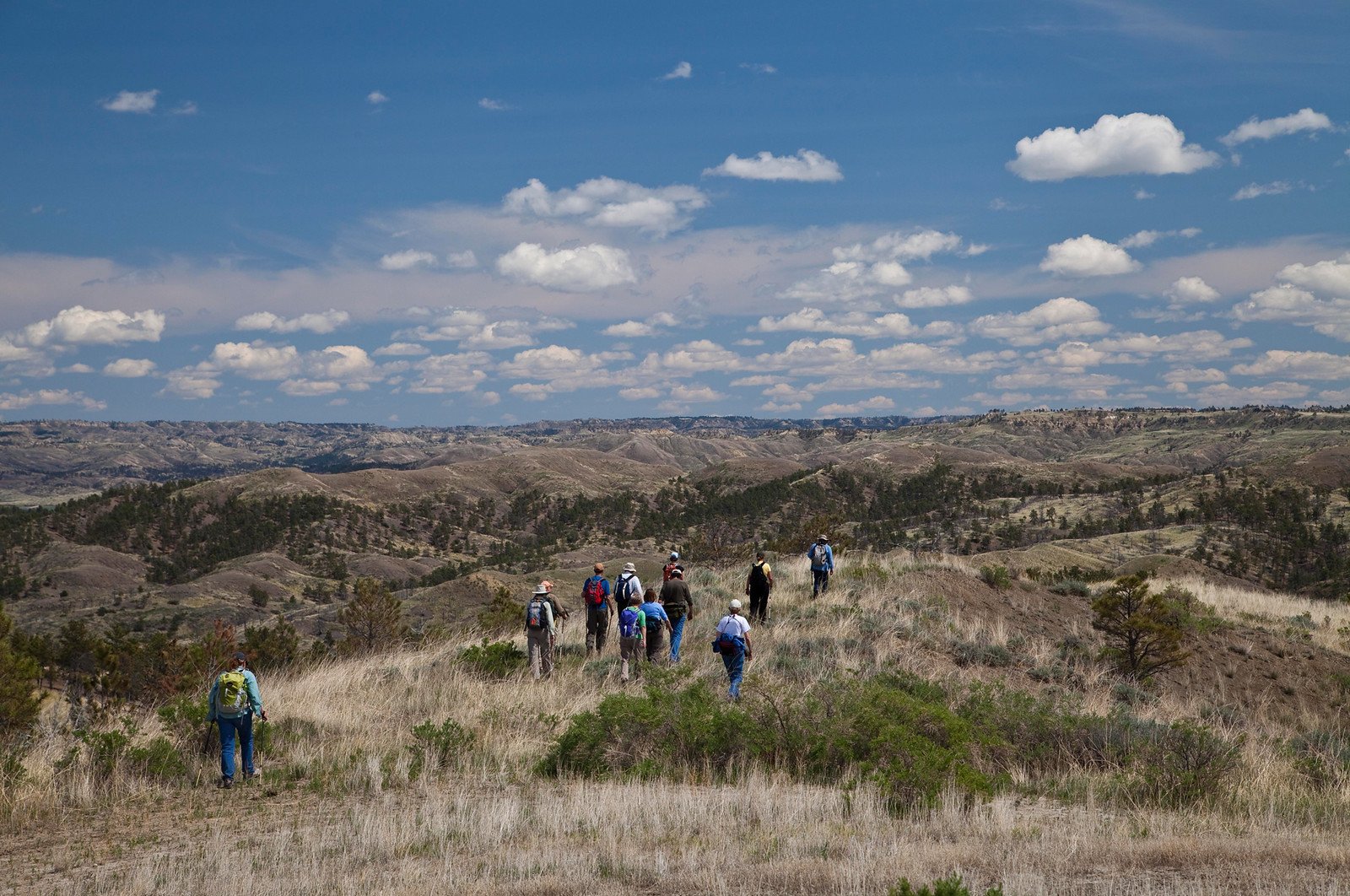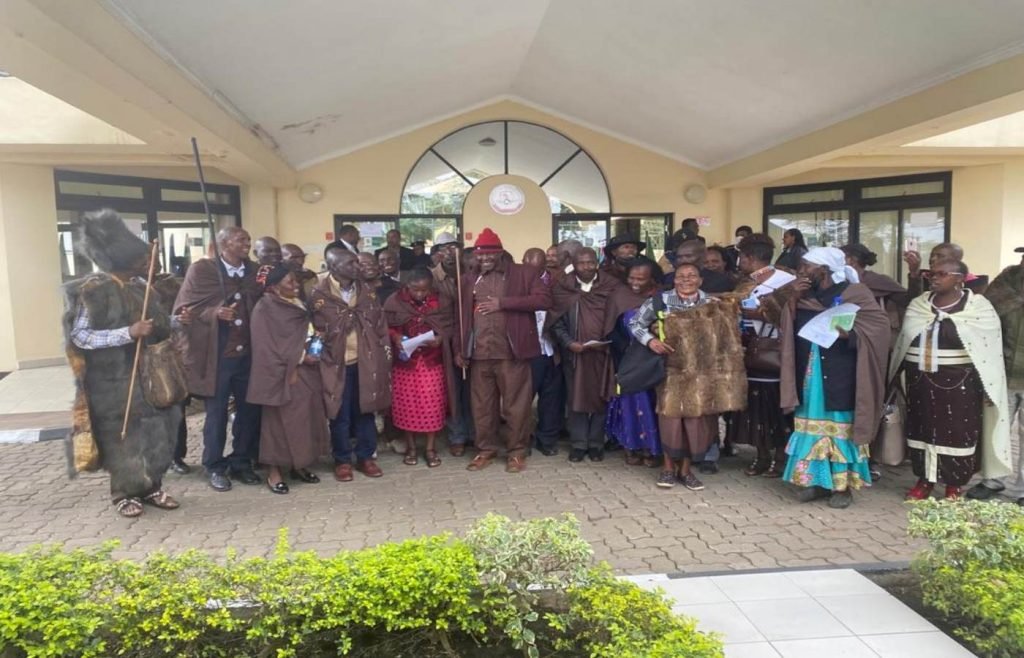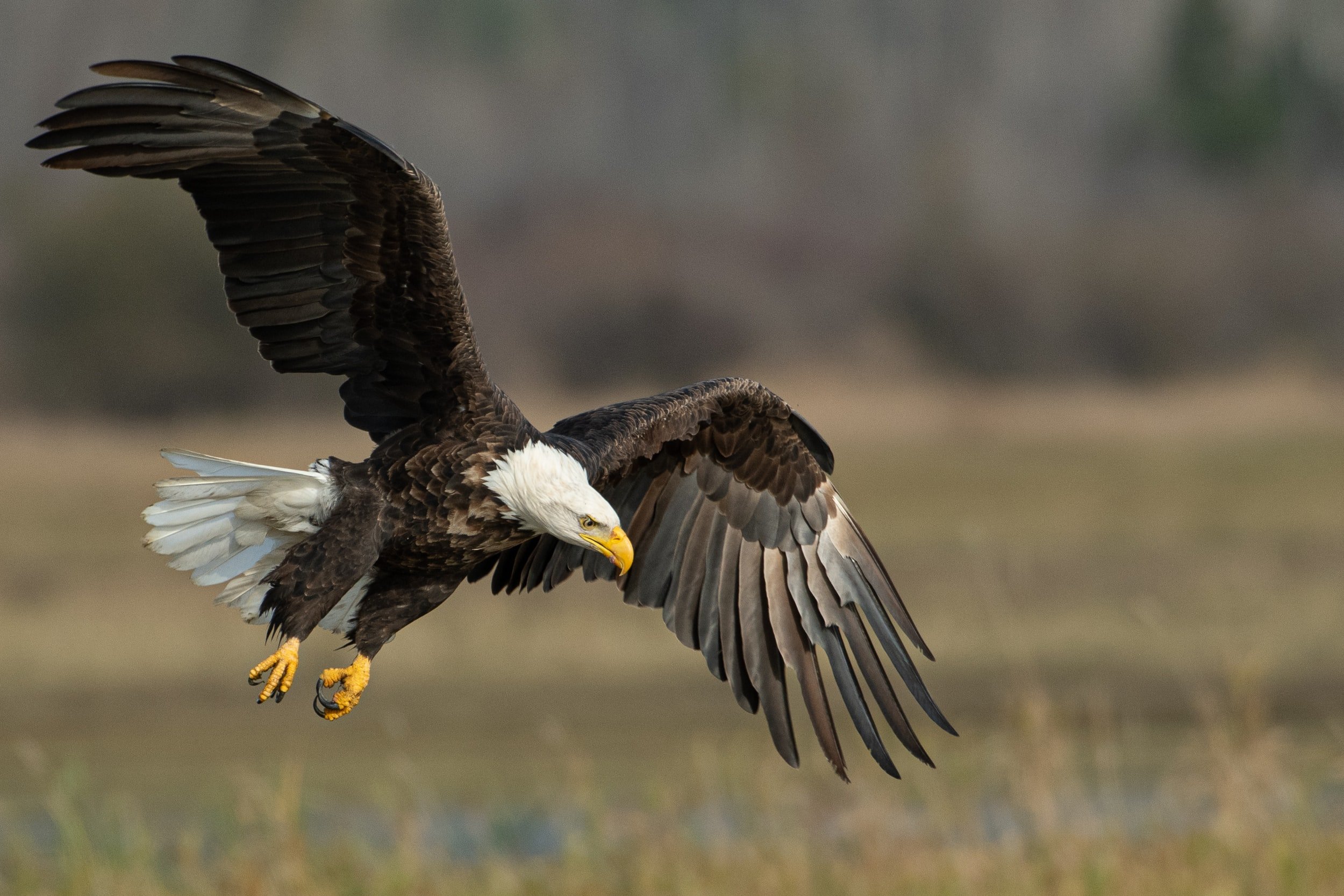PICTURED: Waters of the Black Lake on Shar Mountain, Macedonia. Photo credit: Македонец. CC 4.0
Shar Planina, the name for a series of transboundary mountains in the Balkan state of North Macedonia, will soon be designated as the country’s fourth national park, after 30 years of support and lobbying from domestic and international conservation groups.
Shar Planina borders the Balkan states of Albania and Kosovo, and is a refuge for charismatic European mega mammals like brown bear, wolves, and lynx. Part of the Balkan Green Belt, it is an area with exceptionally high biodiversity, characterized by a large number of endemic, and rare plants, animals and fungi.
Since the late 1800s, when Congress signed Yellowstone National Park into law before quickly moving on to other business, the number of protected areas which countries affectionately and patriotically designate as “national parks” has exploded.
The categories, concepts, character, and contents of national parks around the world vary wildly, and Shar Planina is as much a shrine to the ancient country’s cultural heritage as it is to its wildlife, with the fabric of the land having been altered by generations of traditional land use.
Its unfragmented beech forest is a haven for European wildlife, and its majestic snow-covered mountains of karst rock, studded with glacially-carved lakes, are some of the highest on the Balkan Peninsula.
PICTURED: A countryside town in Shar Planina, North Macedonia. Photo Credit: Mihail Simovski. CC 3.0
A long time coming
For Metin Muaremi, the expected designation is a long time coming. As president of the Friends of Shara platform, a national and local collaboration of community voices, both for the livelihood of communities within the proposed park and for the plants and animals which are their neighbors, he and his organization’s role in drumming up grassroots and international support since 2015 has been instrumental.
“It is very important during this crucial process to involve and to hear the voice of people,” says Metin. “The most important thing is for the local people to become aware of the process and the future management of the park, because these people will live inside or near the park. We think that only in this way they will contribute to its values and protection of natural resources.”
However the draft of the law to designation Shar Planina as a national park was introduced in the then-Macedonian parliament all the way back in 1999, but was never put on the agenda.
According to Frosina Pandurska-Dramikjanin, writing for Balkan Green Energy News, the motion failed presumably because locals felt their voices were not heeded, and their livelihoods as farmers and shepherds were ignored.
Not all countries can be blessed with the amount of open space as the United States, and we could easily afford the original 3,000 square mile Yellowstone designation. In a country like North Macedonia however, which is the same size as Vermont, space is at a premium.
“Being aware of the paramount importance of Shar Planina as part of the Macedonian natural heritage, the Ministry of Environment and Physical Planning placed the proclamation of Shar Planina as national park of high national priority in the National Biodiversity Strategy and Action Plan in 2003,” writes Pandurska-Dramikjanin.
7 years later, in 2010, the Macedonian Ecological Society, leading organizers in what would become the Friends of Shara group, conducted a survey into the economic values of the park, for the nation, the locals, and the environment. They found that people were aware of the importance of things like Shar Planina as a font of fresh water reservoirs, with 61% of people living within the proposed park’s boundaries explaining they would be willing to pay a little bit of their income (4.5 euro per month on average) to safeguard nature.
By 2015 the government would eventually instruct the ministry to secure capital from international donors to create the money for the park’s creation, which by 2016 was supported by 83% of Macedonians.
Friends of Shara have worked with donors from around Europe, particularly in Germany, to create the economic and organizational conditions for the park to be designated in 2020 or 2021, which would increase the percentage of protected land in the country from 8% to 12%, as well as create the largest transboundary protected area in Eastern Europe, and a wealth of tourist opportunities in the country.
“It is necessary to collaborate with and involve local people, and this is a long process of educating them and building trust,” says Jovan Bozhinoski, President of Ljuboten Mountaineering Club, another chapter of the Friends of Shara group.
“Shar Planina is known for mountain tourism for the domestic and foreign tourists. By being aware that local population can feel the benefits from tourism activities we create joint plans for tourism development in the rural areas by education activities for startups…”
